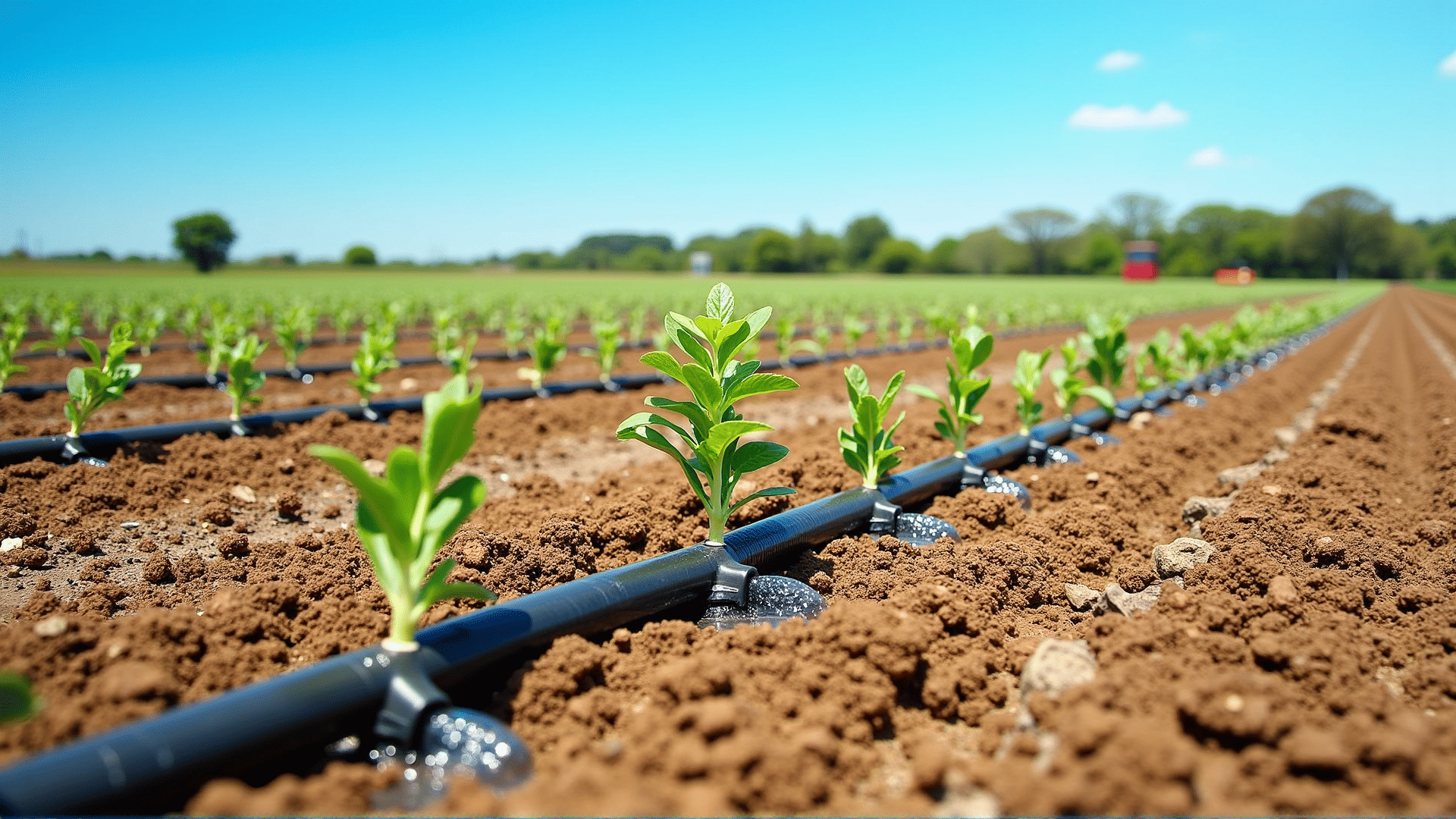In recent years, the importance of water conservation in agriculture has become increasingly apparent. With climate change intensifying droughts and altering precipitation patterns, the need to optimize water use in agricultural practices has never been more urgent. Innovative irrigation techniques offer promising solutions to these challenges, ensuring the sustainability of water resources while maintaining or even enhancing agricultural productivity.
One of the most effective methods is drip irrigation, a technique that delivers water directly to the roots of plants through a network of tubes, valves, and emitters. This method minimizes water evaporation and runoff, making it highly efficient compared to traditional flood irrigation systems. Drip irrigation not only conserves water but also improves crop yields by providing precise amounts of moisture to the plants, thus promoting healthier growth.
Another advanced technique is the use of smart irrigation systems powered by technology. These systems leverage sensors, weather forecasts, and soil moisture data to make informed decisions about when and how much to water. For example, wireless soil moisture sensors can communicate with an irrigation controller to adjust watering schedules based on real-time soil conditions, ensuring that crops receive the optimal amount of water without wastage.
The adoption of precision agriculture is further enhancing water conservation efforts. By utilizing GPS technology and data analytics, farmers can tailor their irrigation practices to the specific needs of different areas within a field. This site-specific management allows for efficient water distribution and maximizes the economic and environmental returns on water use.
Rainwater harvesting is another innovative approach being integrated into irrigation practices. By capturing and storing rainwater, farmers can reduce their reliance on external water sources. This method not only conserves water but can also serve as a buffer during dry spells, ensuring that crops receive adequate hydration even when rainfall is scarce.
Additionally, the use of alternative water sources, such as treated wastewater, is gaining traction. Recycling water for irrigation can significantly alleviate pressure on freshwater resources. Advanced treatment technologies ensure that reclaimed water meets safety standards for agricultural use, making it a viable option for sustainable irrigation.
Furthermore, the development of new crop varieties that are more drought-resistant and require less water has the potential to drastically reduce water usage in agriculture. These crops are engineered or selectively bred to thrive in arid conditions, making them an essential component of future-proofing agricultural practices against water scarcity.
It is also crucial to promote farmer education and awareness about water conservation methods. Providing training and resources can empower farmers to adopt innovative irrigation techniques, ultimately leading to widespread improvements in water use efficiency across the agricultural sector.
In conclusion, the integration of innovative irrigation techniques is key to achieving sustainable water use in agriculture. By embracing methods such as drip irrigation, smart systems, and precision agriculture, along with alternative water sources and drought-resistant crops, the agricultural sector can play a pivotal role in conserving this essential resource for future generations. These advancements highlight a hopeful path forward, wherein agriculture not only feeds the world but also preserves the planet’s precious water supplies.
